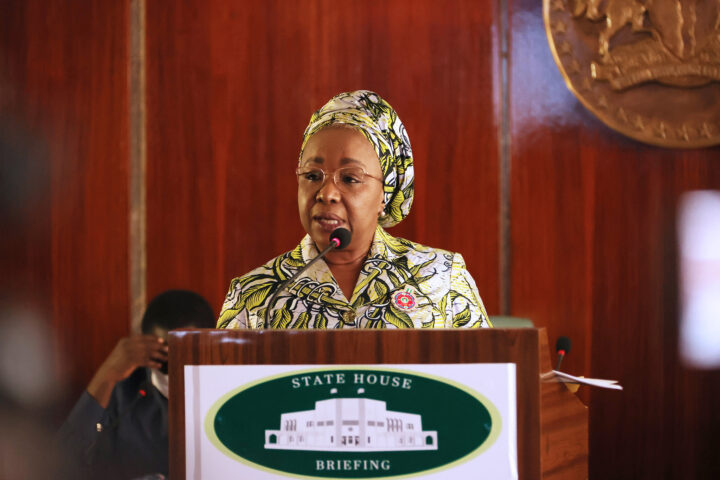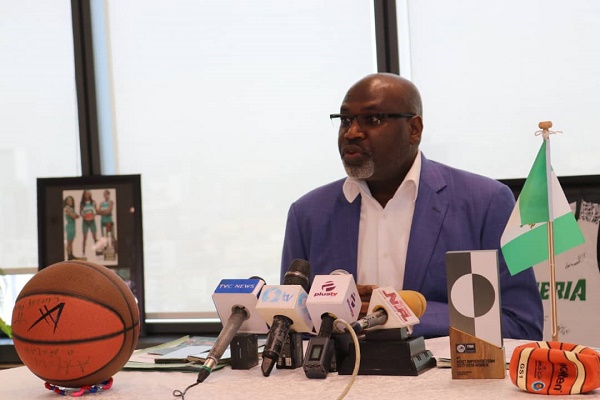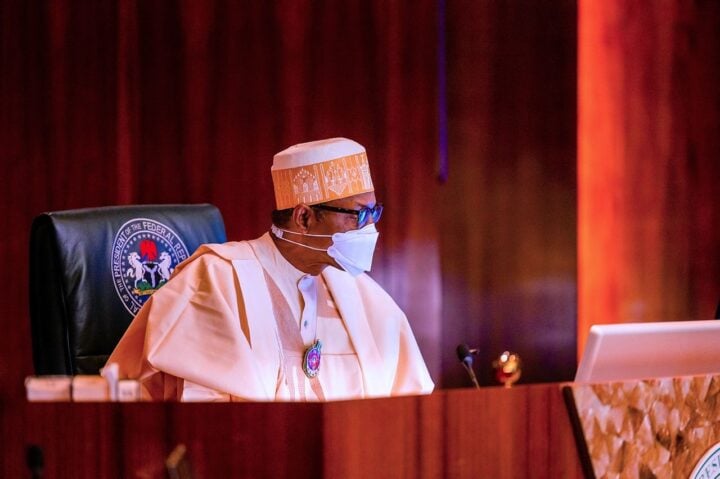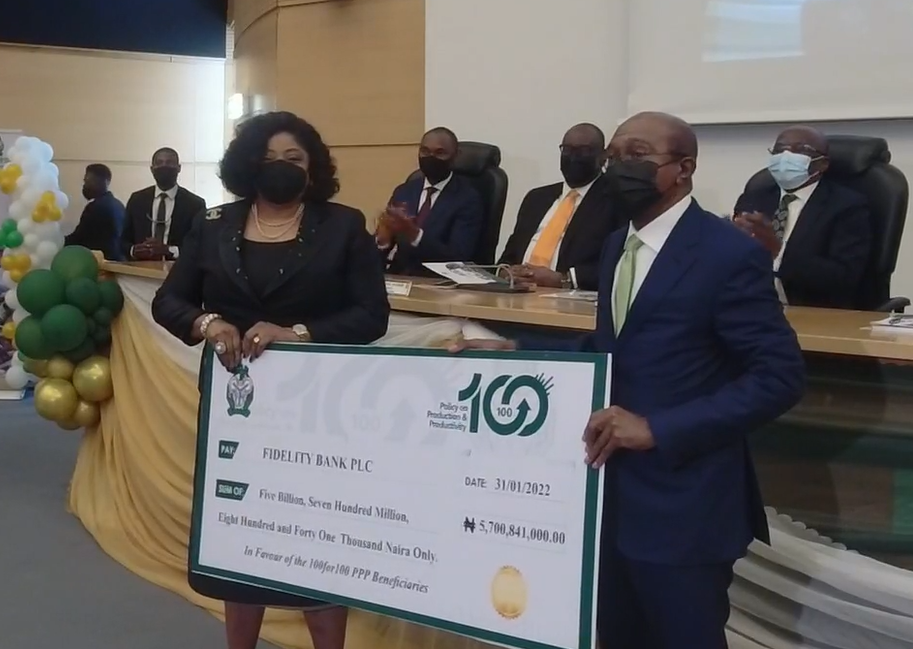Sharon Ikeazor, minister of state for environment, says climate change poses a “serious threat” to Nigeria’s efforts to eradicate poverty.
Ikeazor spoke on Monday at a media briefing held in Abuja.
She listed some of federal government’s efforts on addressing climate change, adding that more measures are being taken to help citizens adapt.
“On the World Climate Change Vulnerability Index, Nigeria is classified as one of the 10 most vulnerable countries in the world. This poses a serious threat to poverty eradication and sustainable development in general,” she said.
Advertisement
“This is because the country has a large rural population that lives on climate-sensitive economic and development sectors (agriculture and fisheries) and natural resources (such as water, biodiversity, grassland).
“In this regard, we have made significant strides in the area of climate change adaptation by developing a national adaptation communication document, which provides a mechanism for Nigeria to report priorities, implementation and support needs, plans and actions.
“Nigeria has developed an energy transition plan which shows a detailed roadmap for Nigeria to achieve both SDG 7 by 2030 and net zero by 2060.
Advertisement
“This roadmap highlights the scale of the effort required for a developing nation to achieve net zero, including the scale of financing, renewables to be deployed and the importance of transition fuels.”
Ikeazor further said Nigeria’s waste management sector holds huge potential for the country’s economy due to the high volume of waste and the demand for recycled products.
She said the ministry is keying into the drive by making relevant waste management policies and establishing recycling plants in different parts of the country to attract investments in the sector.
“Nigeria’s circular economy potentials can be seen in its large and thriving waste management sector that attracts operators due to the high volume of wastes and demand for recycled materials,” she said.
Advertisement
“In demonstrating circular economy principles and practices, as well as environmentally sound management of waste, the ministry constructed and commissioned several waste recycling facilities. These include plastic recycling plant in Karu, Nasarawa state (2019), plastic recycling plant in Lokoja (2020) and a scrap metal recycling plant in Emouha, Rivers state (2020).
“Development of other recycling plants is in progress in FCT, Imo, Benue, Nasarawa, Adamawa, Anambra, Ondo, Abia, and Kaduna states.
“These projects will attract private sector participation and investment, including foreign direct investment in waste management/circular economy, create direct and indirect employment, and empower the most vulnerable in the society, particularly youth and women.”
Advertisement
Add a comment






